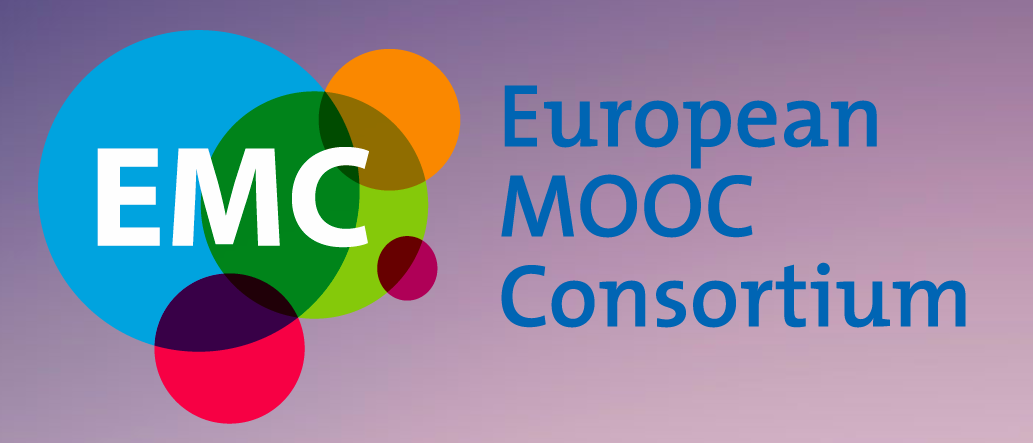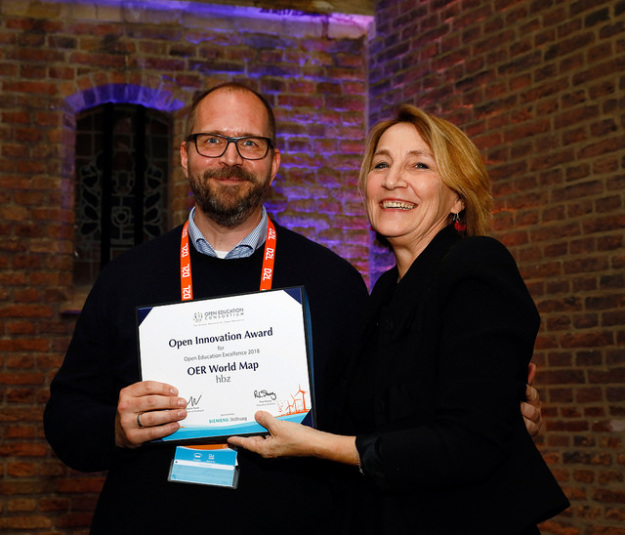<Image https://flic.kr/p/5QJnjk >
(A guest post from Josie Fraser – thanks Josie!)
I’m delighted to have been invited to keynote at OER15 – the Open Educational Communities annual international conference, taking place in Cardiff in April 2015. I’m very much looking forward to spending some time in the Welsh capital talking to, and learning from, an inspiring group of educators. This year’s conference theme – ‘Mainstreaming Open Education’, is also integral to approach I’ve been taking in my work for Leicester City Council, and to the Open Education Schools Guidance work we’ve just released.
In Leicester, I head up the technology strand of the council’s Building Schools for the Future (BSF) Programme – rebuilding and refurbishing 23 secondary and special education schools, which support approximately 20,000 learners, mostly between the ages of 11-16. I work with the BSF team to make sure that the schools get open to time and to budget, and that secondary and SEN schools in the city have the quality of ICT infrastructure, connectivity and equipment that will support them in making effective and creative use of technology to support all aspects of their work. I’ve also been working with the BSF school communities to identify how staff and schools make use of and understand technology to support learning, teaching, and whole school community development. This has been framed by the DigiLit Leicester project, a partnership with De Montfort University and the schools, designed to identify existing excellent practice, identify gaps in knowledge, and to help schools plan for future development.
In the course of the project, we’ve carried out two city-wide surveys. This year, 701 school leaders, teachers, and support staff completed the survey. Although the survey results come with the usual caveats about the limitations of the methodology, the findings are directly useful in understanding how staff across the city make use technology. I think the data is also interesting in terms of what the wider UK schools sector is likely to look like.
In both years the survey was carried out, a lack of knowledge about and familiarity with open licencing and open educational resources (OER) amongst school staff was flagged. Where comments were left that referred to gaps in practice, these mostly referred to OER. For instance, one teacher stated:
“I have never used the Open Educational Resources – I do not know what this is.”
In May 2014 we appointed Dr Björn Haßler and Helen Neo (University of Cambridge) to support us in creating guidance to help school staff in understanding and making use of open licensing and OER. They previously worked on several initiatives which support the creation and use of use of OER by schools across Europe and internationally, including the ORBIT project and the OER4Schools programme.
The brief was to create practical guidance about OER for school staff, drawing on existing openly licensed resources where this was beneficial. We’ve built on and referred to some of the excellent work taking place internationally, to provide a straight forward introduction to the key areas of finding, using, repurposing, creating and sharing OER.
Getting back to the ‘mainstream’ theme here – my work in Leicester is not just to support already confident and creative users of technology – but to all of our school staff develop their knowledge, skills and confidence, in order to benefit all of our learners.
23% of staff completing the 2014 survey placed themselves at the lowest level (‘Entry’) of confidence in relation to at least one of the six digital literacy strands. 42.1% of staff identified themselves in the two lower levels (‘Entry’ and ‘Core’) of the Creating and Sharing strand and 37.5% placed themselves at the lower levels of the Finding, Evaluating and Organising.
This doesn’t of course undermine the incredible work going on across the city – 56% of survey respondents identified themselves at the highest level of the survey in relation to their practice in one or more of the six strands, and the quality and impact of work that the schools have carried out this year has been exceptional.
In terms of the approach we’ve taken to creating the guidance and resources, it was important to recognise that not every staff member is confident in their professional use of technology in all areas of their practice. Not every staff member has heard about every tool or approach to using technology. OER is an area that most haven’t had the chance to get to grips with, but one that offers huge opportunities for staff.
Every staff member in the schools sector will benefit from being introduced to the existence of open licensing and open educational resources. At the very least, understanding OER can support and extend knowledge of copyright and intellectual property issues in relation to their practice and the terms of their employment. At best, OER can act as a conduit to support collaboration and engagement with educators locally and globally to more effectively support learners. I very much see OER as providing a conduit for school communities to raise issues about how resources are used and created, and to take a fresh look at professional practice in relation to resources.
To support this, the resources we’ve release include four key guidance documents covering everything educators need to get started with open education and open licensing:
- Open Education and the Schools Sector (PDF) – introducing open education and open licencing, and outlines some of the benefits of OER to schools.
- G2 Understanding Open Licensing (PDF) – which covers copyright, fair dealing, different types of Creative Commons licences, and the public domain.
- G3 Finding and remixing openly licensed resources (PDF) – which looks at how to find OER, how to attribute them, and how to create new resources legally by building on existing work shared under Creative Commons licences.
- G4 Openly Licensing and Sharing your Resources (PDF) – which looks at school policies and processes, how to applying an open licence to your work, and ways of sharing your openly licensed resources.
Alongside the four guidance documents, there are six supporting documents, with workshop activities, and step-by-step walkthroughs to help staff find, use and make open educational resources. These include using Flickr to find great Creative Commons licenced images (PDF), and how to use Wikipedia to create free topic books for learners (PDF).
The resources are packaged in PDF and editable bundles for quick download, and are available from http://schools.leicester.gov.uk/openeducation
While the resources have been created for school staff they offer a great introduction to open licensing to everyone, and include information that would be relevant to most sectors – I’m very much looking forward to seeing other councils and schools, as well as other sectors and countries, make use of them.
The resources of course are only the start of the OER journey for the city, and we’ll continue to work with schools in relation their practical and strategic approaches to creating and sharing materials. The feedback we’ve had so far has been encouraging and positive. It’s very easy to forget sometimes that many of the discussions and practices relating to OER haven’t yet included the vast majority of educators. We’ve tried to produce information that doesn’t take familiarity with the area, or use of technology for learning, for granted, in order to open new opportunities for educators to benefit from and contribute to open education.





